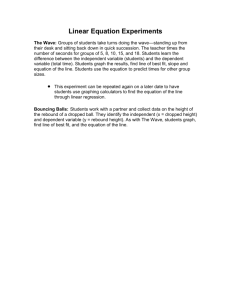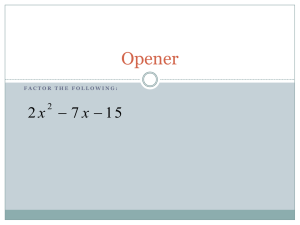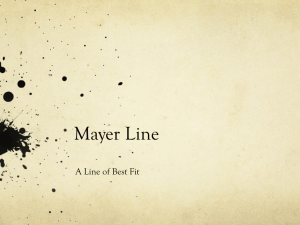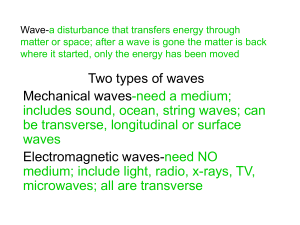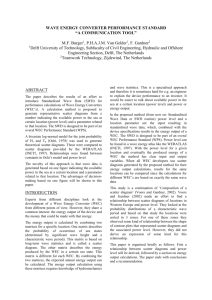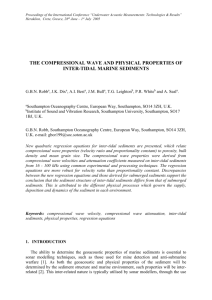Section 1-1 Notes: CHS Statistics
advertisement
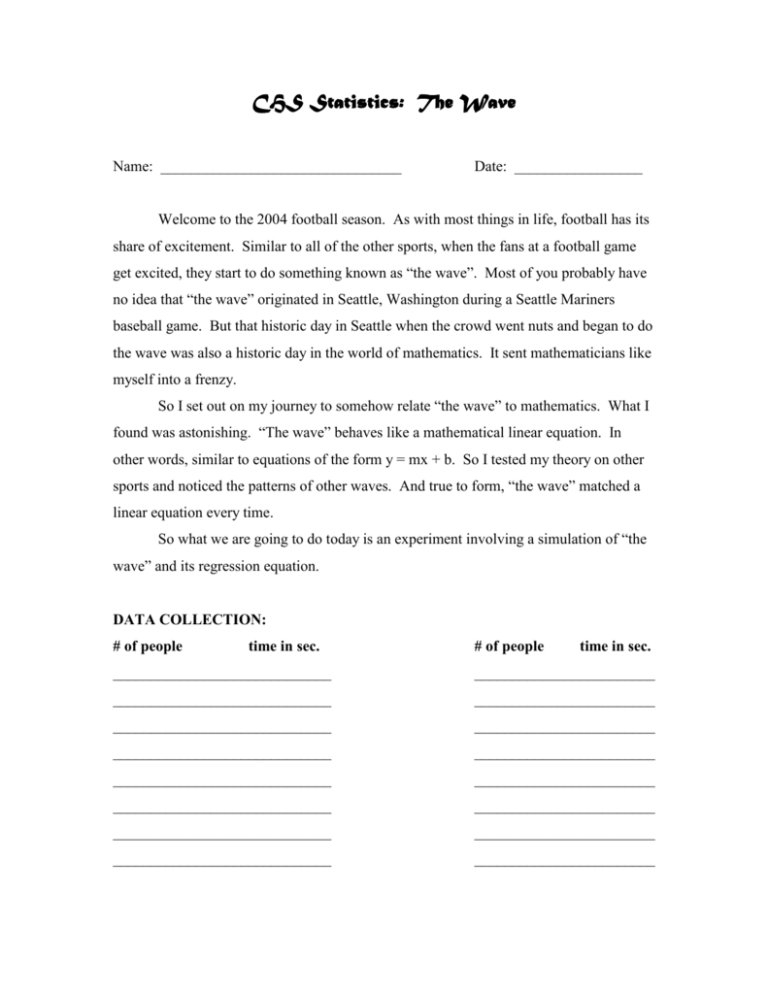
CHS Statistics: The Wave Name: ________________________________ Date: _________________ Welcome to the 2004 football season. As with most things in life, football has its share of excitement. Similar to all of the other sports, when the fans at a football game get excited, they start to do something known as “the wave”. Most of you probably have no idea that “the wave” originated in Seattle, Washington during a Seattle Mariners baseball game. But that historic day in Seattle when the crowd went nuts and began to do the wave was also a historic day in the world of mathematics. It sent mathematicians like myself into a frenzy. So I set out on my journey to somehow relate “the wave” to mathematics. What I found was astonishing. “The wave” behaves like a mathematical linear equation. In other words, similar to equations of the form y = mx + b. So I tested my theory on other sports and noticed the patterns of other waves. And true to form, “the wave” matched a linear equation every time. So what we are going to do today is an experiment involving a simulation of “the wave” and its regression equation. DATA COLLECTION: # of people time in sec. # of people time in sec. _____________________________ ________________________ _____________________________ ________________________ _____________________________ ________________________ _____________________________ ________________________ _____________________________ ________________________ _____________________________ ________________________ _____________________________ ________________________ _____________________________ ________________________ FINDING THE REGRESSION EQUATION: 1. Using Minitab, enter your data into C1 and C2. C1 should be labeled as the number of people and C2 should be the corresponding times. Make sure you labeled the columns at the top. 2. Create a scatter plot using the number of people as the x-variable and the time as the y-variable. How to create a Scatter plot using Minitab: 1. Graph 2. Character Graphs 3. Scatter Plot 4. Double Click on X variable 5. Double Click on Y variable 6. Click OK 3. Print out your scatter plot. 4. Now we want to create a regression line. 1. Stat 2. Regression 3. Fitted Line Plot 4. Enter response variable by double clicking on your y-variable 5. Enter predictor variable by double clicking on your x-variable 6. Click OK 5. Print out your regression fit graph. QUESTIONS: 1. What is the regression equation? 2. What is the slope of this line? Describe in words what the slope means in relation to the problem. 3. Find the x- and y- intercepts. Explain in words what each of these mean in relation to the problem. 4. How long would it take 40 students to make a wave? Justify your answer. 5. How many students are needed for a 25 second wave? ( Make sure your answer makes sense for the question.) Justify your answer. 6. How would your regression line look if everyone stood up and turned around twice before sitting down? 7. How could you use your equation to estimate the time it takes the wave to go around Heinz Field? This problem will require more information that you need to find. Your answer will not be exact but will be an approximation. Here are some websites that may be helpful: www.pittsburghsteelers.com www.ballparks.com Include work and an explanation of your work on the back of this worksheet.
